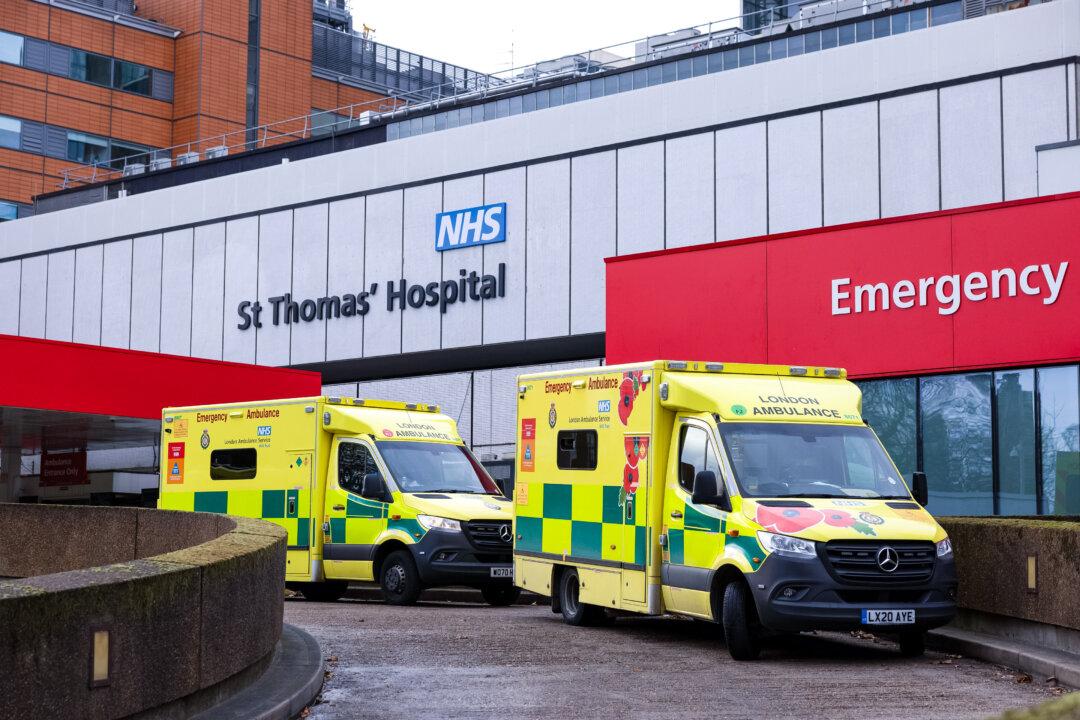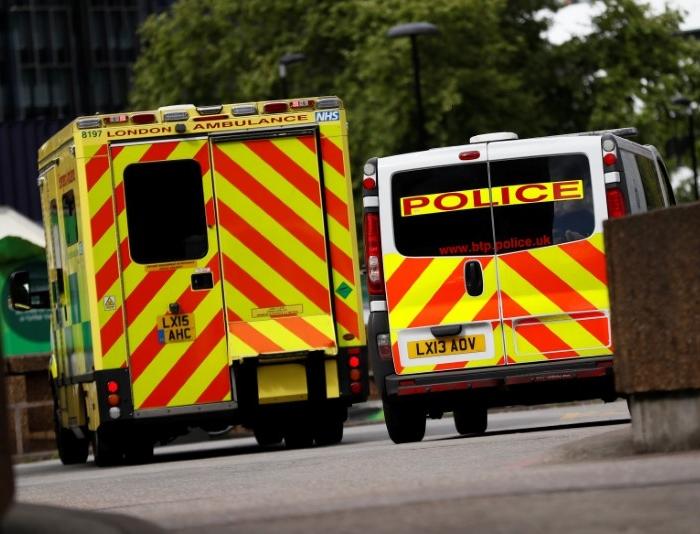Medical procedures have been cancelled or redirected to other NHS providers following a cyberattack on major hospitals in London on Monday.
Among affected hospitals in the capital are King’s College Hospital and Guy’s and St Thomas’s Hospital, which includes the Royal Brompton and the Evelina London Children’s Hospital.
A spokesperson for NHS England London region said that a ransomware cyberattack took place on June 3. It hit NHS systems using Synnovis, a provider of pathology services.
“This is having a significant impact on the delivery of services at Guy’s and St Thomas’, King’s College Hospital NHS Foundation Trusts, and primary care services in southeast London and we apologise for the inconvenience this is causing to patients and their families,” the spokesperson said.
According to NHS England, emergency care continues to be available. Access to services operates normally, including the 999 emergency line and the 111 NHS service.
“Patients should continue to attend appointments unless they are told otherwise. We will continue to provide updates for local patients and the public about the impact on services and how they can continue to get the care they need,” the spokesperson said.
Services, including blood transfusions and test results, have been impacted as a result of the cyber attack. In the meantime, some procedures are said to have been cancelled and others redirected to alternative NHS providers.
A 70-year-old patient at the Royal Brompton, Oliver Dowson, said his surgery was cancelled on Monday, when a surgeon told him it would not be going ahead.
“The staff on the ward didn’t seem to know what had happened, just that many patients were being told to go home and wait for a new date. I’ve been given a date for next Tuesday and am crossing my fingers—it’s not the first time that they have cancelled, they did it on May 28 too, but that was probably staff shortages in half-term week,” he said.
Synnovis
Synnovis provider Synlab partnered with Guy’s and St Thomas’s and King’s College Hospital NHS Foundation trusts in April 2021.According to the chief executive of Synlab UK and Ireland, Mark Dollar, the company had a “proven track record” of successfully working with the NHS.
“We are passionate about making a difference to patients and clinicians by providing reliable, effective and timely diagnostic information,” Mr. Dollar said in a statement when the partnership went live.
NHS Cyberattacks
It is not the first instance of NHS hospitals falling victim to criminal cyber activity.In May, cyber criminals published a large volume of data to the dark web. A criminal investigation into the hacking is ongoing and deals with the release of data, including the identities of staff.
Advanced, which supplies vital systems for the NHS, suffered a cyber breach in August 2022. As a result, a number of systems, including the NHS 111 service and software used to check in patients and maintain medical notes, were taken offline.
And a WannaCry ransomware attack hit the NHS in 2017 and affected 80 out of 236 hospital trusts across England. Eight percent of GP practices were also infected by the virus.
“Cyber-attacks in the UK are increasing with most industry experts thinking it is not a question of ‘if’ but ‘when’ the next large scale cyber-attack will occur. All staff must, therefore, remain vigilant and take precautions to reduce this threat,” said NHS England guidance on data protection.
Common cyber threats that may target the NHS include phishing, smishing, and spoofing, all of which involve tricking individuals into a compromising course of action or revealing sensitive information.







